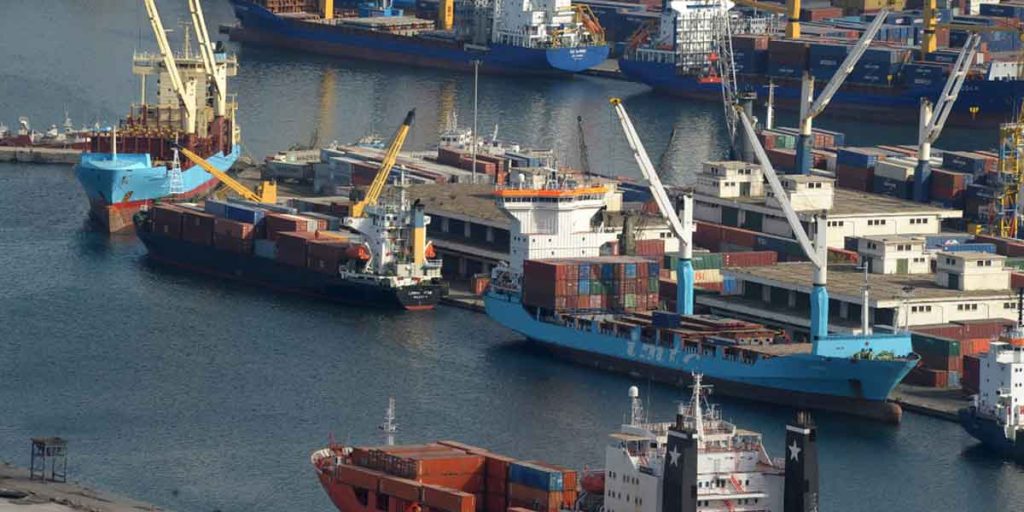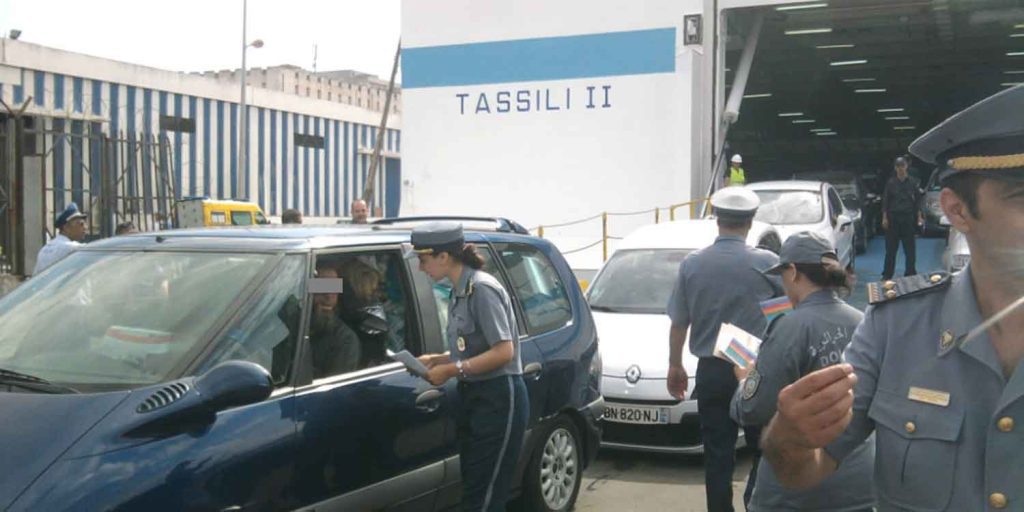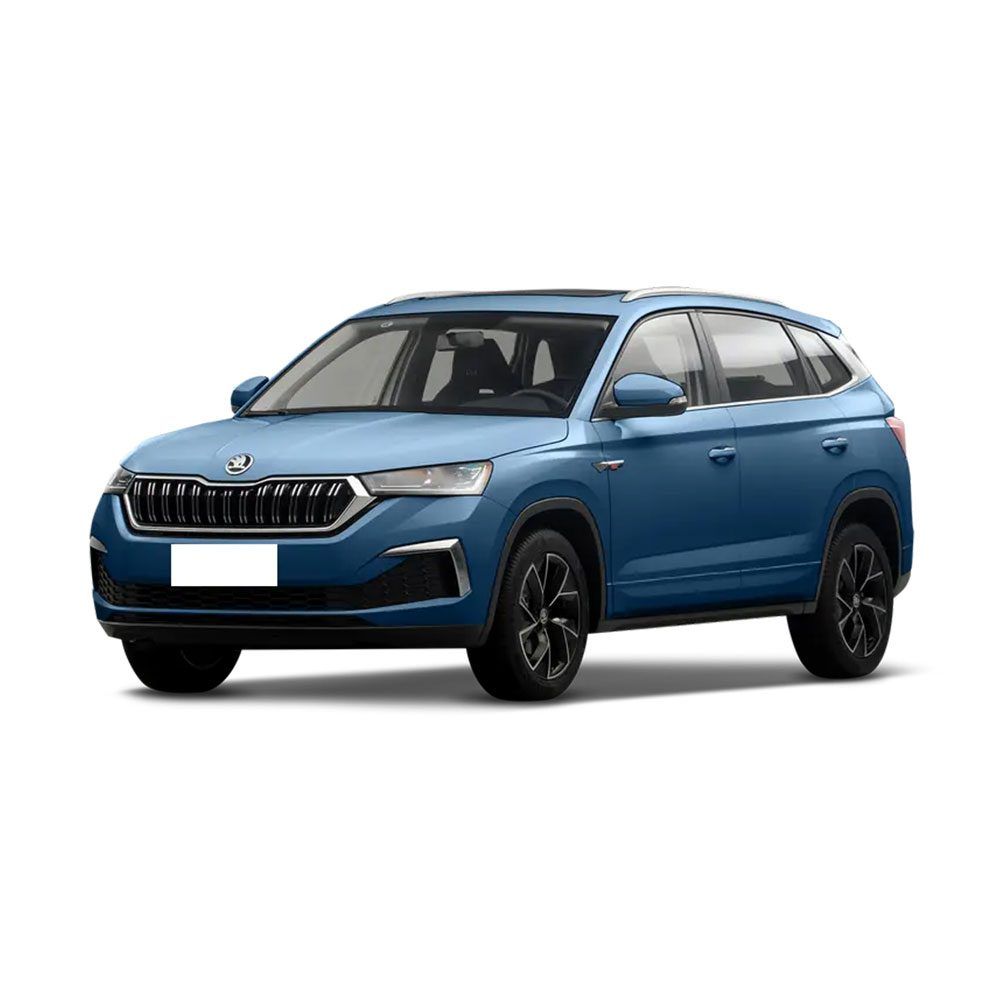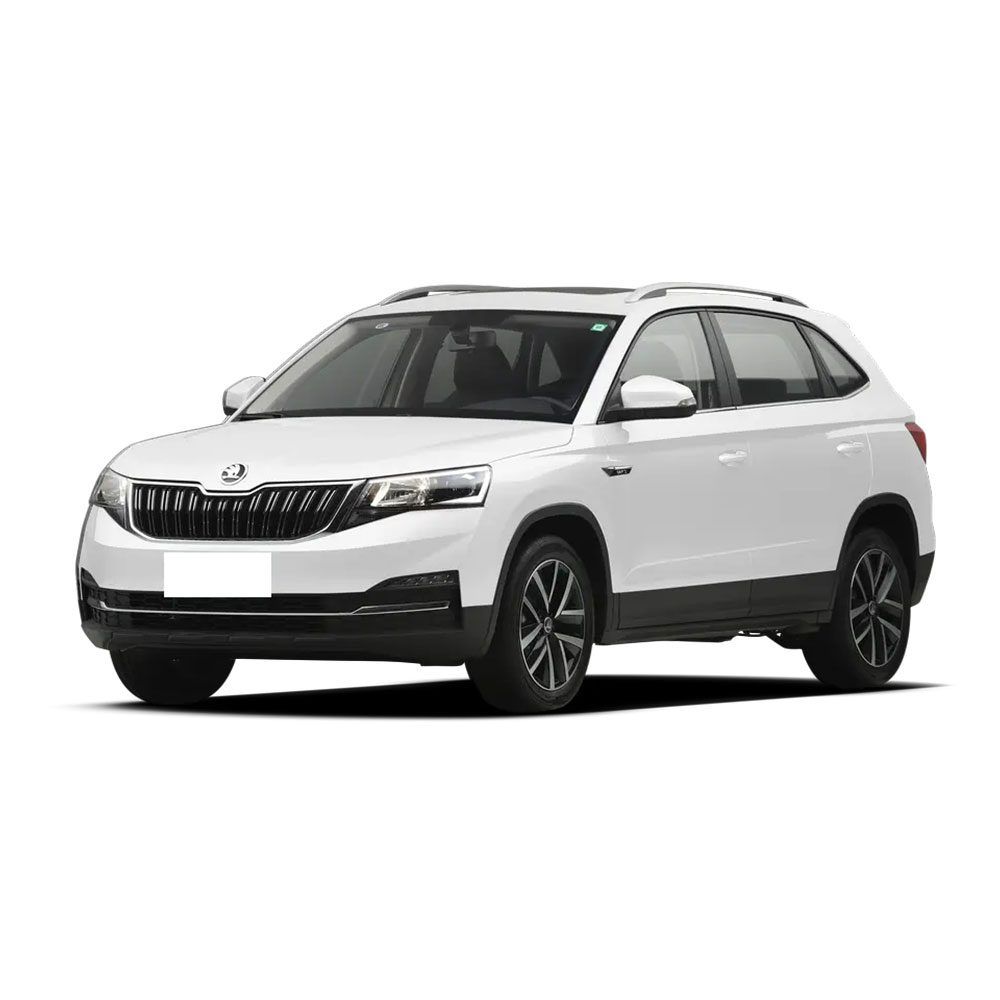
Register an Imported Car in Algeria: Complete Guide
Importing and registering a vehicle in Algeria involves several clearly defined steps. All vehicles must meet Algeria’s technical standards, safety requirements, and environmental regulations before they can drive on roads. This guide explains the complete registration process to help you avoid unnecessary delays and complications.
01 Import Eligibility and Preliminary Requirements
You need to understand Algeria’s two import models before importing a vehicle: commercial import and personal import.

Businesses or dealers typically handle commercial imports. They must sign franchise agreements with manufacturers, obtain pre-authorization, and secure an official license certificate from the Minister of Industry. These licenses remain valid for 12 months, while the official certificate requires renewal every five years.
For personal imports, Algerian citizens may import one used vehicle every three years for personal use. They must use personal foreign exchange for payment.
Vehicles must meet strict standards. New vehicles cannot have registration history in any country, and their manufacturing date must fall within one year of importation.
Mileage restrictions apply strictly: passenger cars and vans cannot exceed 100 km, while trucks, buses and coaches must stay under 1,500 km.
02 Document Preparation and Certification Requirements
You must prepare several customs clearance documents for vehicle importation. Essential documents include:
- Bill of Lading or Air Waybill (proving cargo ownership and transport details)
- Commercial invoice (showing goods description, value, quantity and origin country)
- Packing list (detailing packaging and contents)
- Certificate of origin (confirming production country)
The registration process requires important certifications. Imported vehicles need a Certificate of Conformity (COC) to demonstrate compliance with Algerian regulations.
You must also provide a quality certificate and Free Sale Certificate (FSC), which confirms the vehicle’s legal production and sale status in the exporting country.
03 Customs Clearance Procedures

After preparing documents, you must clear Algerian customs. First, submit all required documents to customs authorities. Officers will then inspect your goods to verify whether physical items match document descriptions.
Next, you must pay import duties, value-added tax (VAT), and other applicable taxes based on the goods’ value and classification. Customs will release your goods after you submit all documents and payments.
Remember that Algeria prohibits importing certain items including weapons, drugs, counterfeit goods and hazardous substances. Vehicles, pharmaceuticals and medical devices face import restrictions and require special permits or authorizations.
04 Vehicle Registration and Licensing Process
After clearing customs, you must register your vehicle and obtain license plates. Although specific Algerian licensing information remains limited, you generally need these documents:
- Customs declaration
- Commodity inspection report
- Vehicle conformity certificate
- Purchase invoice
- Imported vehicle electronic information
- Environmental compliance list
- Compulsory insurance policy
- Purchase tax certificate
- Owner identification documents
Personal importers must remember: residents may only import one used vehicle every three years, and the vehicle cannot exceed three years of age. Permitted vehicles include passenger cars (maximum 9 people) and commercial vehicles (maximum 3.5 tons capacity), including vans, trucks and pickups.
05 Frequently Asked Questions and Solutions
What restrictions apply to used vehicle imports?
Individual residents may import one used vehicle every three years. The vehicle cannot exceed three years of age and requires payment in personal foreign exchange. Although rumors suggest Algeria might ban used vehicle imports, no official regulation currently exists.
How do commercial and personal imports differ?
Commercial imports serve sales purposes and require business qualifications and permits. Payments go through banking channels with down payments limited to 10% of the vehicle’s price. Personal imports serve individual use, require personal foreign exchange payments, and limit imports to one used vehicle every three years.
What if my vehicle doesn’t meet standards?
Vehicles failing to meet Algerian technical, safety or environmental standards cannot clear customs or complete registration. Before importing, verify your vehicle meets all regulations, particularly safety requirements like ABS systems and airbags.
After completing registration successfully, you can drive your vehicle legally on Algerian roads. Note that commercially imported new vehicles carry a 5-year warranty. Heavy-duty vehicles cover 80,000 km warranty mileage, while passenger cars and light commercial vehicles cover 100,000 km.
Whether choosing commercial or personal import, understanding regulations beforehand, preparing complete documents, and following proper procedures will ensure a smoother registration process. Now that you know the key points of Algerian vehicle registration, you can begin your import journey.
You May Also Like:
What documents are required to import a car from China: a detailed guide
Feel Free To Contact Ahcarsale Anytime
More Article
More Cars
Latest Articles





